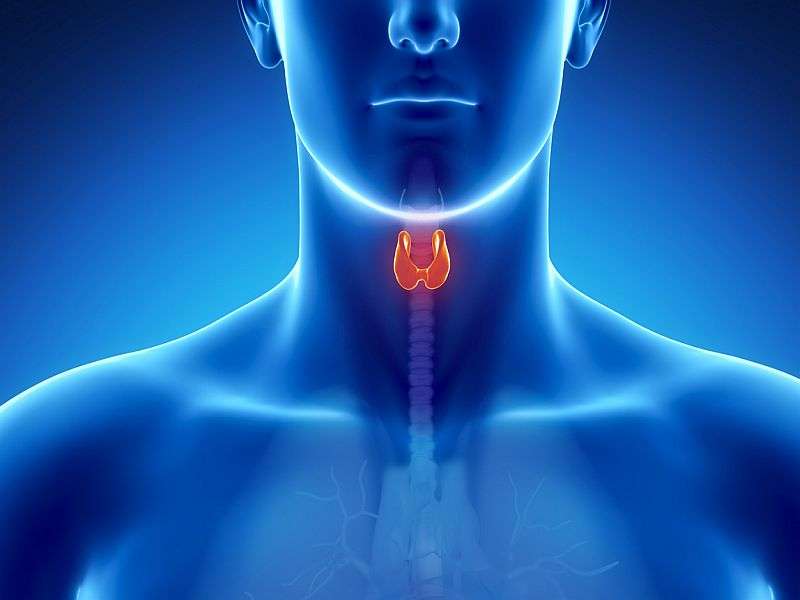(HealthDay)—Physicians' opinions on management of subclinical hypothyroidism vary, according to a Beyond the Guidelines article published online June 7 in the Annals of Internal Medicine.
In an effort to examine approaches to management of subclinical hypothyroidism, Risa B. Burns, M.D., M.P.H., from the Beth Israel Deaconess Medical Center in Boston, and colleagues discuss the case of a 60-year-old woman (Ms. C) with a positive family history of thyroid disease, elevated thyroid stimulating hormone (TSH), and symptoms compatible with hypothyroidism.
The authors present two viewpoints: in favor of and against treatment. The author in favor of treatment would recommend levothyroxine treatment based on elevated TSH and available evidence, including hyperlipidemia. With low-dose treatment and careful monitoring, treatment would be unlikely to result in harm. Treatment could be stopped if the patient did not feel better and cholesterol was not improved. The author against treatment notes that the patient's degree of thyroid dysfunction would not increase the risk of heart disease, and that the goals of weight loss and symptom relief would be unlikely to be achieved with medication. If the patient did start treatment, the dose should be 25 to 50 mcg to avoid overtreatment, and careful monitoring should be conducted. In the event her symptoms did not improve, treatment should be stopped.
"While we await further data, both our discussants concur with shared decision-making so that Ms. C makes a fully informed decision," the authors write.
More information: Full Text (subscription or payment may be required)
Journal information: Annals of Internal Medicine
Copyright © 2016 HealthDay. All rights reserved.



















